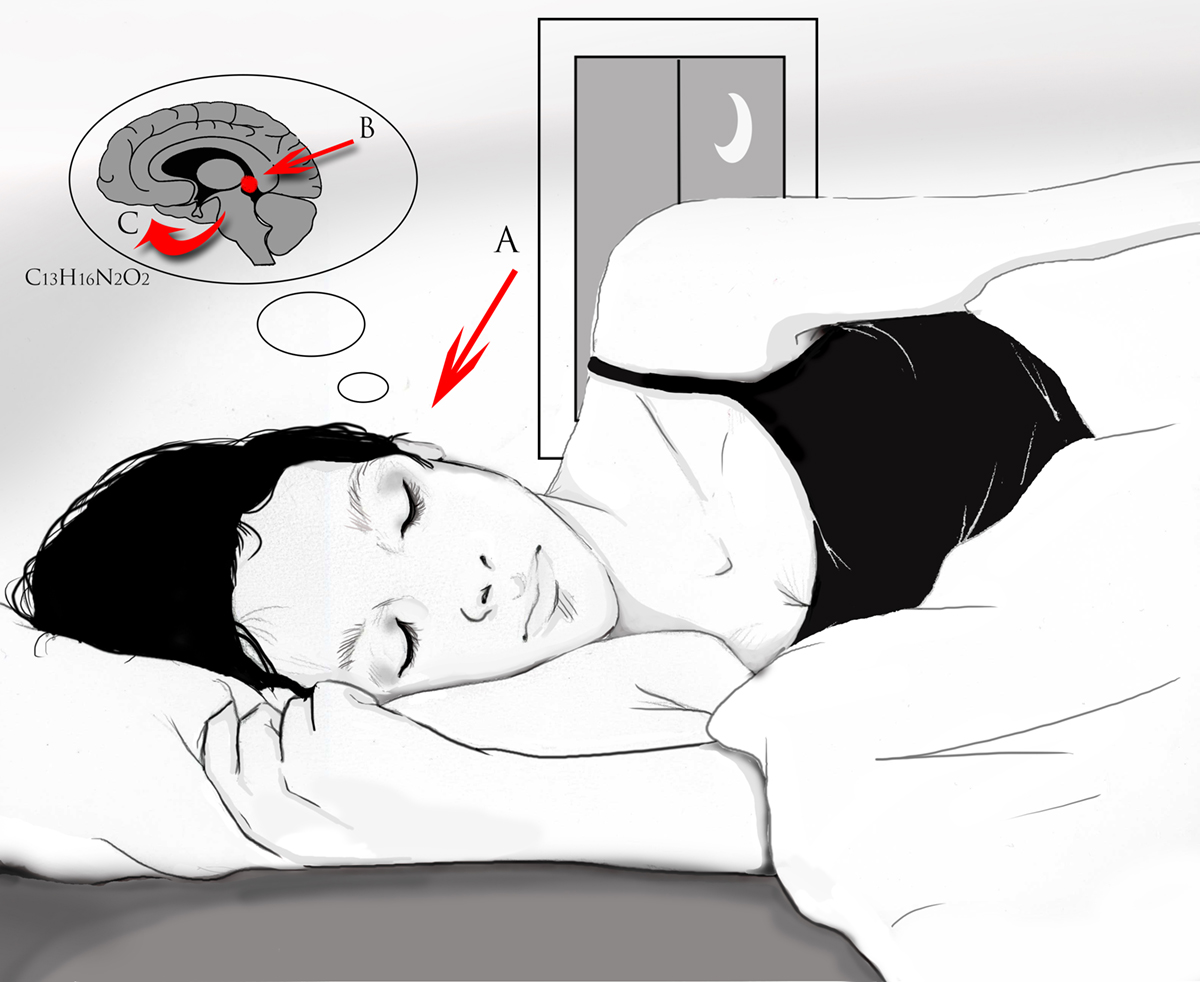
Why do We have Sleeping Difficulties?
A sleepless night every once in a while is not that unorthodox and a there are a lot of those who experience them. However, if these nights without sleep become more often it can be a serious problem. Occasional sleepless nights are seen in more than 25% of all the people in the United States, while chronic sleeping difficulties are not that often and only 10% of the population is affected by them.Not getting enough sleep is a serious problem that affects various aspects of life. A person who lacked enough sleep during the night will not be able to perform the daily activities with the needed concentration due to tiredness. Insomnia does not have one type but all the types have in common to lead to daytime drowsiness, poor concentration and the lack of feeling of freshness and rest when a person wakes up in the morning. An adult needs about 8 hours of sleep every night, according to the experts. 8 hours is enough until the age of 60 is reached. After that age, about 6 hours is considered to be enough. An interesting fact is that more than 50% of all the elderly suffer from some form of insomnia even though they require less sleep. However, sufficient sleeping hours should not be measured by time but the way a person feels. Those who get up feeling refreshed are getting enough sleep. The time varies and some need no more than 4 hours while others require 10 hours of sleep in order to get enough rest.
Using certain medications is often the case but it is vital not to forget that there are risks that may occur. Almost all sleeping pills contain antihistamines. The problem with antihistamines is that they can cause dependence, tolerance and even affect a person’s memory. Sedative medicines are another option for those who experience sleepless night but it is essential that they are not taken without a close care of a physician. Certain characteristics are seen in every situation when someone is suffering from insomnia. Some of the most obvious signs are dark circles under the eyes, disorientation, fatigue, irritability, changes in posture and not sufficient levels of energy.When causes of insomnia are considered, it is not often seen that a life-threatening disease or condition is what lead to it. In a majority of patients, bad sleeping habits are the reason. A person can benefit a lot from seeking advice from a psychiatrist or some other mental health provider. Such a professional will see whether there is a psychiatric disorder that caused the condition.
Even though bad sleep habits are the leading cause of insomnia, there are a fair number of other reasons that lead to the condition. Some of them include aging, alcoholism, anxiety, a bed that does not promote sleep, depression, certain diseases like an enlarged prostate, cystitis, arthritis, heartburn and lung problems, frequent urination, grief, excitement, jet lag, medications, insufficient exposure to sunlight, restless leg syndrome, shift work, stress, too much sleep during the day and too much stimulation at bedtime, among many others.
Insomnia can also be seen in infants. Even though these situations are not seen that often, they can be seen. Some of the possible causes include desire for attention from parents, fever, hunger, indigestion, teething or certain digestive problems.How can Melatonin Help Sleeping Difficulties
Plenty of doctors will recommend patients to take melatonin if they experience sleeping difficulties. Insomnia is not the only condition when melatonin is used but it has shown the most promise in that filed. However, the problem is that the results from clinical trials are not consistent enough. Melatonin is only one of the hormones that are being made in the pineal gland in all vertebrates. However, that is not the only place where it is produced. Melatonin can also be made in the eye, GI tract, bone, skin, lymphocytes and platelets.Environmental light inhibits the secretion of melatonin and the darkness stimulates it. According to the experts, the secretion usually begins at 9 PM but is at the highest between 2 and 4 AM. The secretion is not the same throughout the entire year and it is far better during the winter months than it is in the summer months. Children before the age of 7 secrete the most nocturnal melatonin. Apart from being effective in case of insomnia, this hormone aids in prevention of pregnancy, protects the cells from free-radical damage and boosts the immune system. Even life is extended due to melatonin.






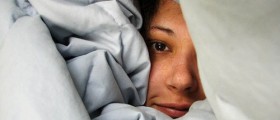

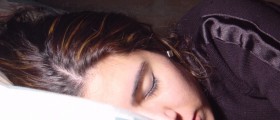
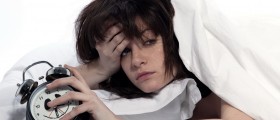
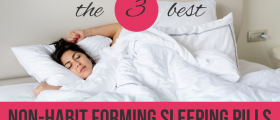

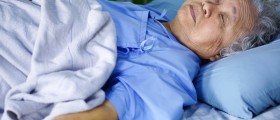


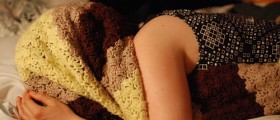
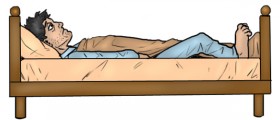
Your thoughts on this
Loading...